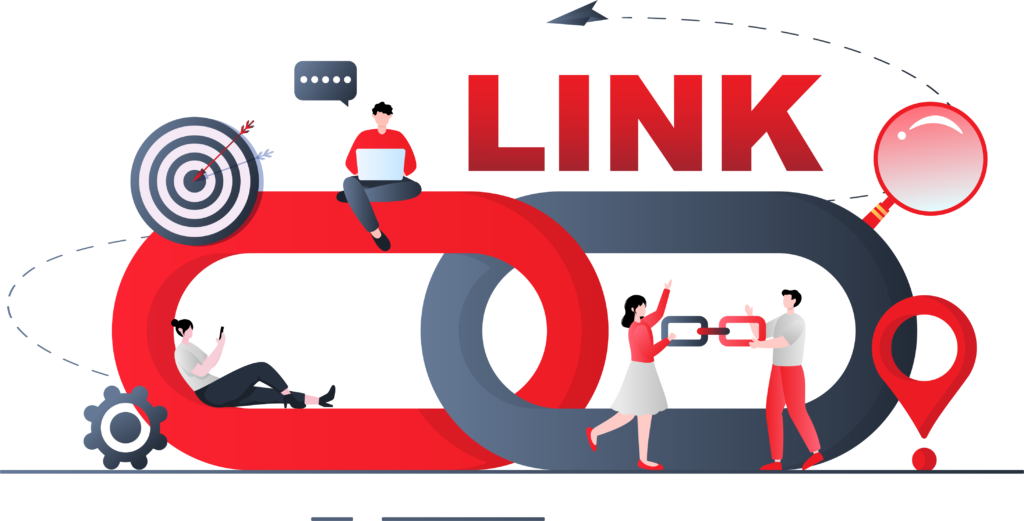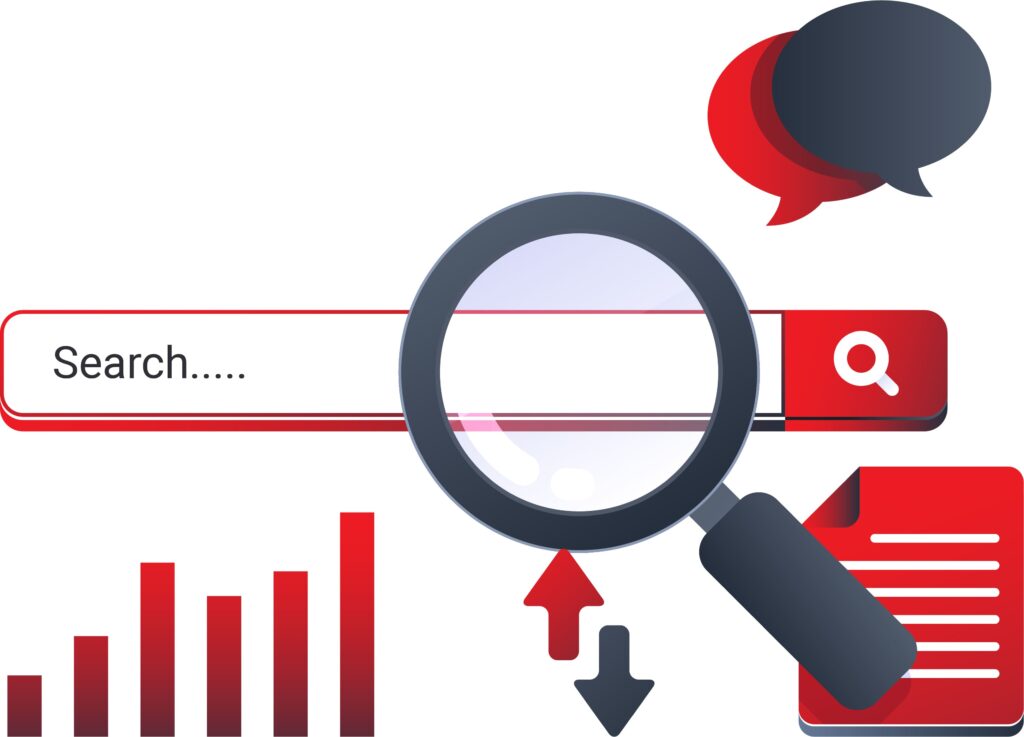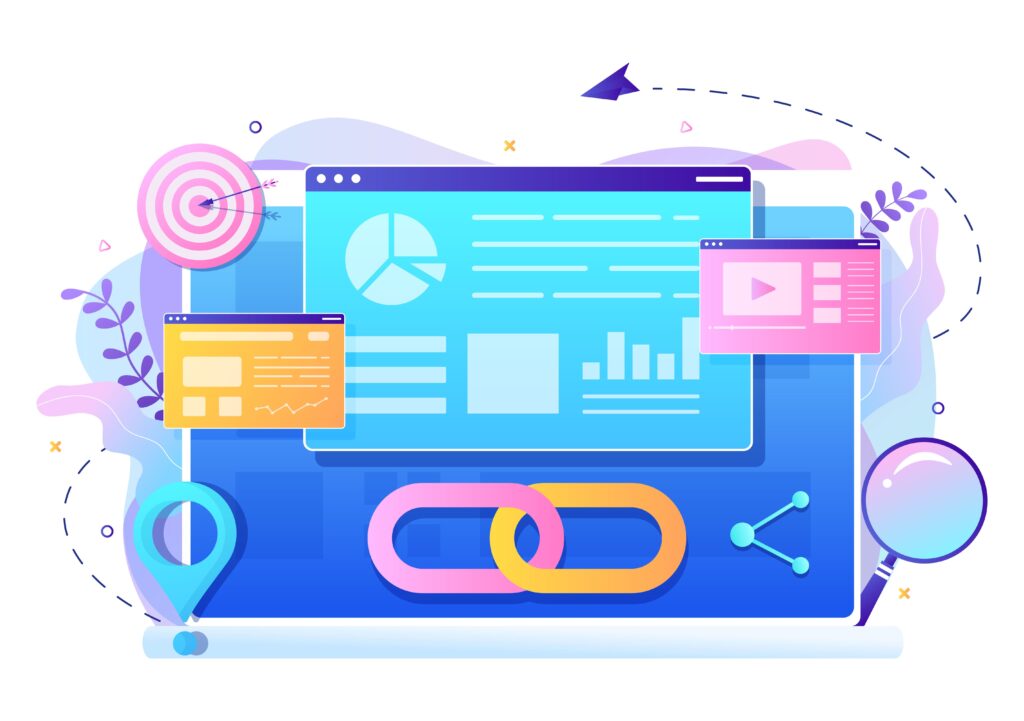Page authority is a term used in search engine optimization (SEO) to describe the likelihood of a particular web page ranking highly in search engine results pages (SERPs). The concept of page authority is closely related to the broader concept of domain authority, which refers to the overall authority or credibility of a website.
Definition Of Page Authority
At a high level, page authority is determined by a combination of on-page and off-page factors that search engines use to evaluate the quality and relevance of a webpage. These factors can include things like the quality and quantity of inbound links to the page, the relevance of the page’s content to the user’s search query, and the overall authority of the domain on which the page resides.
Page Authority (PA) is a metric developed by Moz that quantifies the likelihood of a specific webpage ranking well in search engine results. It is measured on a scale from 0 to 100, with higher scores indicating a greater potential to rank prominently.
Page Authority is a valuable metric for SEO professionals and website owners as it helps in evaluating and comparing the potential ranking strength of different pages, guiding optimization efforts and content strategies to improve search engine visibility and organic traffic.
Factors Which Influence The Page Authority
One of the key factors that can influence page authority is the number and quality of inbound links pointing to the page. Inbound links, also known as backlinks, are links from a separate website that point to a particular page on your site. When search engines crawl the web, they use these links to help determine the authority and relevance of individual web pages.
1. Inbound Links
In general, the more high-quality inbound links a page has, the higher its page authority will be. However, it’s also important to note all the inbound links and create equal ones. Search engines are increasingly focused on the quality of the links pointing to a particular page, rather than just the quantity.
For example, a single link from a highly authoritative website like The New York Times is likely to be worth more in terms of page authority than several links from lower-quality websites with little to no authority. This is because search engines view links from authoritative websites as a strong signal of the quality and relevance of the content on the linked page.
2. Content Quality
Another important factor that can influence page authority is the relevance of the page’s content to the user’s search query. Search engines are constantly striving to provide the most relevant and useful results to users, and they use a variety of signals to help determine which pages are most likely to meet the user’s needs.
One way that search engines do this is by analyzing the content of a page to determine its relevance to a particular search query. Pages that contain high-quality, relevant content that matches the user’s search intent are more likely to rank highly in search results and have a higher page authority than pages with low-quality or irrelevant content.
3. Internal Link Structure:
Well-structured internal links within a website help search engines understand the hierarchy and importance of different pages, positively impacting Page Authority. Internal linking helps create topic clusters or content silos within your website.
By interlinking related pages that cover similar topics, you signal to search engines that your website provides comprehensive and authoritative content on specific subjects. This can boost the overall topical relevance and authority of your website, ultimately influencing Page Authority.
4. User Experience:
Websites that provide a seamless and user-friendly experience, including fast page loading speed, mobile responsiveness, and easy navigation, tend to have higher Page Authority. A positive user experience encourages visitors to spend more time on your website, engage with its content, and explore multiple pages.
This increased engagement sends positive signals to search engines, indicating that your website is valuable and relevant to users. Consequently, search engines may reward your website with higher Page Authority.
5. Social Signals:
Social media engagement and shares can indirectly influence Page Authority by driving traffic and generating backlinks. When your website’s content receives significant engagement, such as likes, shares, comments, and mentions on social media platforms, it can increase the visibility and reach of your content.
As more people discover and engage with your content, it can attract more traffic, backlinks, and potential referrals. These factors contribute to the overall authority and visibility of your website, potentially influencing Page Authority.
6. On-Page SEO Optimization:
Optimizing on-page elements like title tags, meta descriptions, header tags, and keyword usage can improve the visibility and relevance of a page, positively affecting Page Authority. On-page SEO optimization ensures that search engine bots can effectively crawl and index your web pages.
This includes optimizing robots.txt files, XML sitemaps, and internal linking structures. When search engines can easily access and understand your content, it improves the chances of your pages being indexed accurately and quickly. Proper crawl ability and indexing contribute to better visibility, organic traffic, and potential Page Authority gains.
7. Domain Authority:
The overall authority and reputation of the domain can indirectly impact the Page Authority of individual pages within the website. A domain with high Domain Authority is often perceived as trustworthy and credible by search engines.
When search engines assess the authority and reliability of a page within that domain, they consider the overall trustworthiness of the domain. This can positively influence the Page Authority of individual pages, as they are associated with a reputable domain.
Bottomline:
Finally, the overall authority of the domain on which a page resides can also play a role in determining page authority. If a domain has a strong overall authority or credibility, then individual pages on that domain are more likely to have a higher page authority than pages on domains with lower overall authority.
Overall, page authority is a complex and multifaceted concept that is influenced by a wide range of on-page and off-page factors. By understanding these factors and working to improve them, website owners and SEO professionals can help improve the page authority of their sites and increase their visibility and rankings in search results.
Additional:




